Understanding the needs of your body can often seem complicated. If you’re experiencing the menopause, heavy periods or undergoing surgery and treatment for more serious illnesses like gynaecological cancers or endometriosis, it’s important to do what you can to look after your body from the inside out.
Getting the right diet can help alleviate certain symptoms, but more importantly, eating a healthy diet will give your body proper nutrition to help it recover and repair effectively.
Iron-rich foods
If you suffer from heavy periods or abnormal bleeding it’s vital to maintain your iron levels. Dark green vegetables such as spinach, broccoli and seaweed are excellent iron options to include in your diet. Shellfish is another good source of iron, and try pumpkin seeds for a satisfying, iron-rich snack.
Omega 3 and fatty acids
During the menopause, women’s bodies naturally decrease the levels of female hormones produced. Many women will notice their hair, skin and nails become dull, brittle or dry. Omega 3 fatty acids can help enrich your body and support your natural balances. Salmon and mackerel are excellent sources of omega 3, and avocados are a great option too, being high in monounsaturated fats that nourish the body.
Calcium
Promoting healthy bones is essential for women, especially those experiencing the menopause or undergoing chemotherapy, as both of these can affect bone density and lead to issues with osteoarthritis. Getting enough calcium helps give your body the best chance to build a healthy immune system. Dairy products like milk, cheese and yoghurt are excellent sources of calcium, as are tofu and sesame seeds.
Try to get enough vitamin D alongside your calcium intake, as this promotes absorption of nutrients. Vitamin D is mostly found in sunshine, but there are fortified juices and wholegrains that can help too.
Above all, the most important thing you can do for your body is to eat a healthy, balanced diet. Diet and nutrition are essential for helping your body heal and recover from any treatments or surgeries, but always seek professional advice if you want to maximise how your diet can support your health. For more advice on how to treat your gynaecological concerns, contact Tania Adib today.

